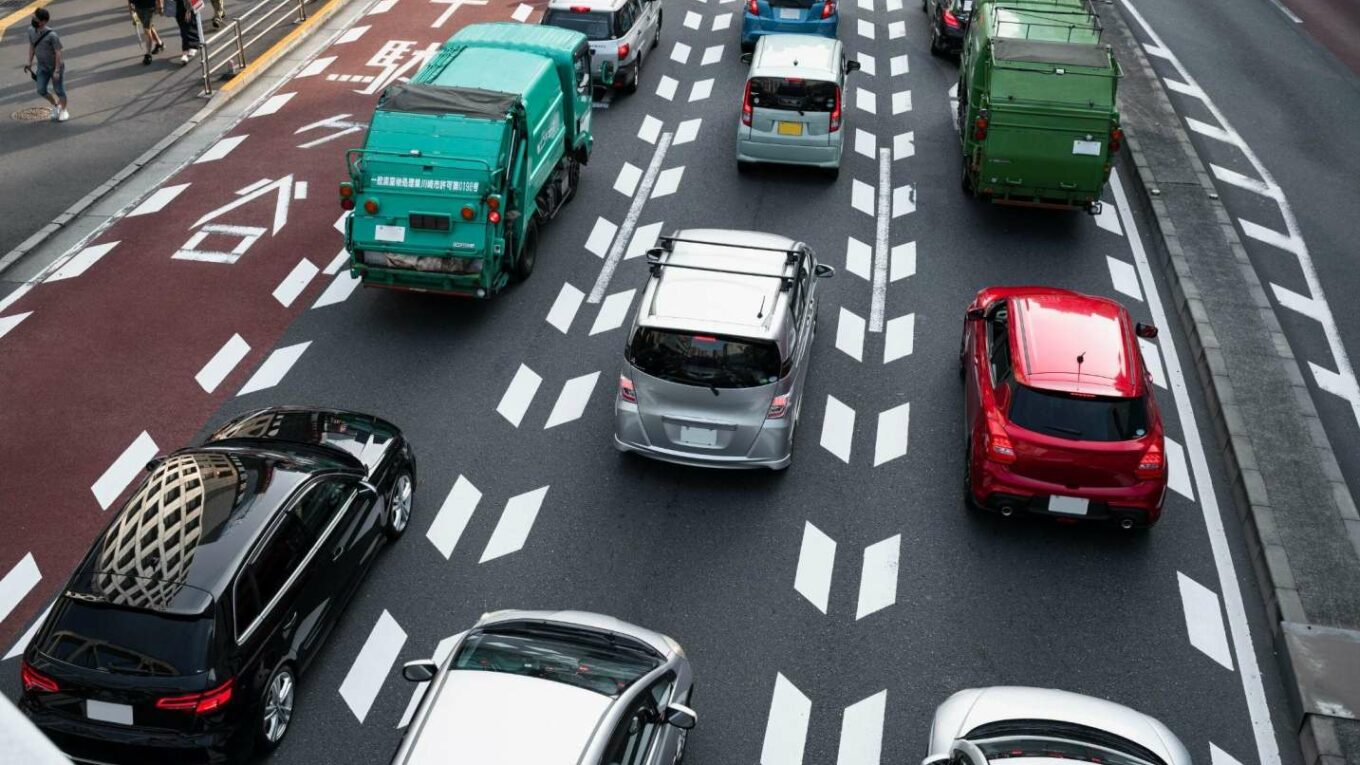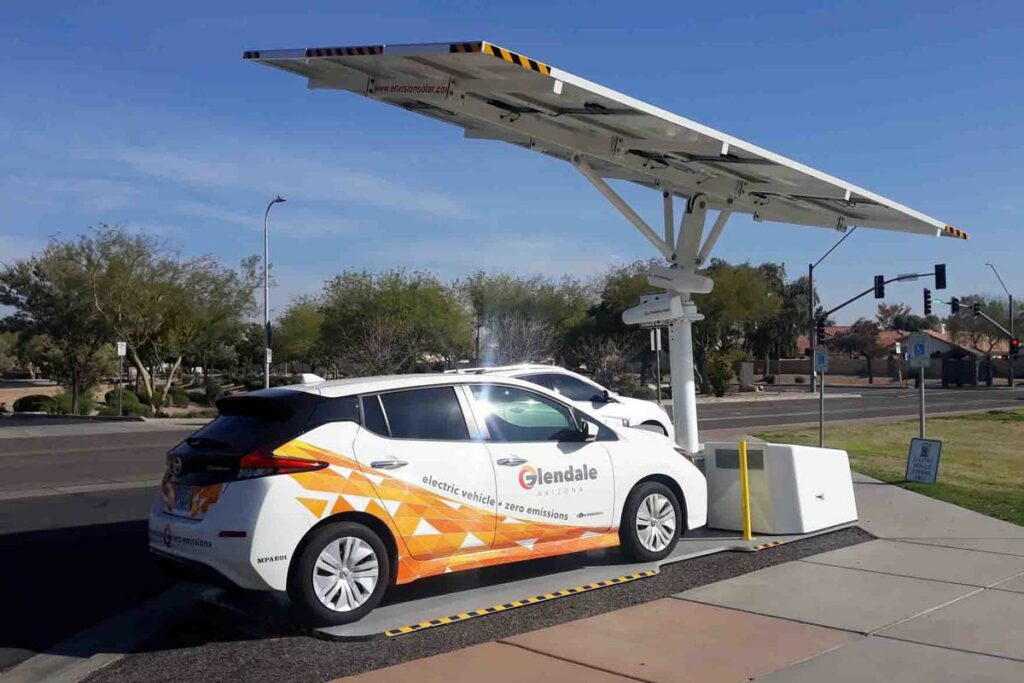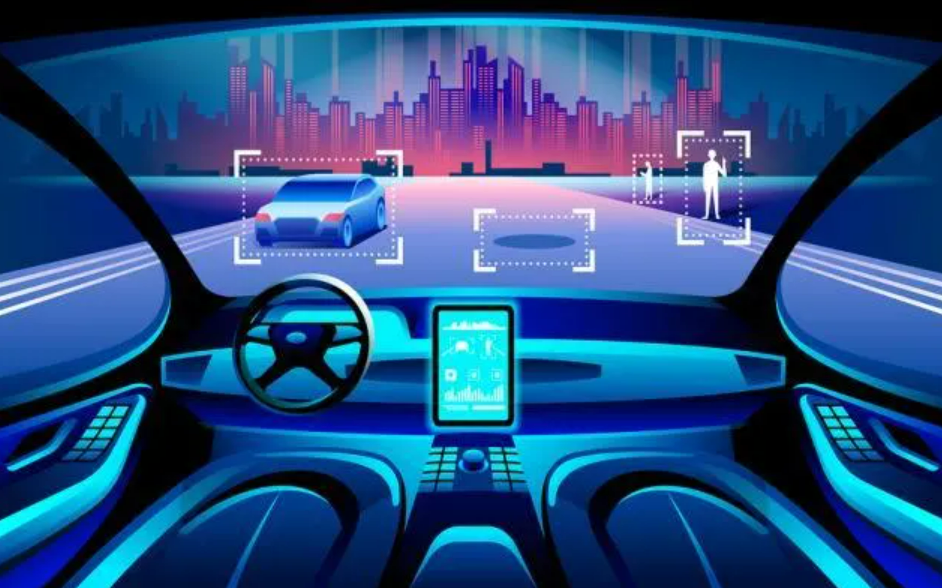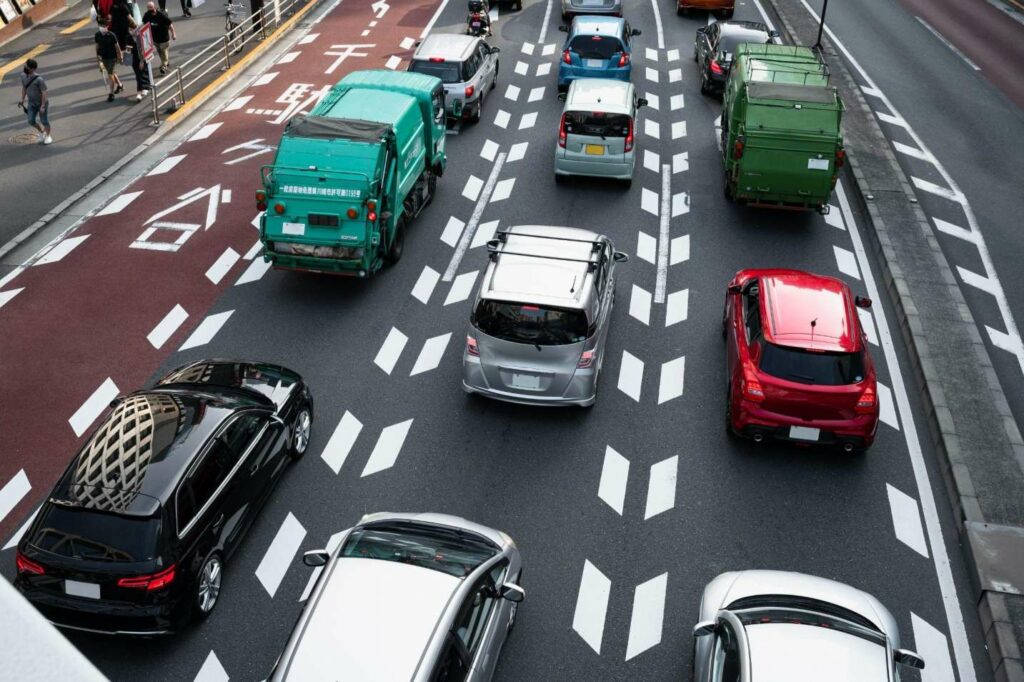The Impact of Emerging Technologies on the Global Transportation Industry
The transportation industry is going through a technology revolution that is changing not just how we move, but also how effective and sustainable our moves are. Every layer of our global transportation network is humming with innovation, from drones that zoom across the sky to electric automobiles that whisper down the highway. Driven by the need to adapt to a world that is changing quickly and the opportunities that new technologies bring, these developments are not just tweaks but rather a total redesign of established systems.
Revolutionizing Efficiency with AI and Automation
Artificial intelligence (AI) and automation are driving monumental shifts in the transportation industry. These technologies enhance every aspect of operations, from optimizing delivery routes that minimize travel time and fuel consumption to automating traffic systems that prevent bottlenecks in busy cities. AI-powered algorithms predict traffic patterns, allowing for smoother flow and less congestion.
Furthermore, the introduction of autonomous vehicles and drones extends beyond novelty, actively changing both urban and rural delivery services. This adoption streamlines logistics like never before, leading to faster deliveries and less human error, promising a more efficient future for how we move goods and ourselves across distances.
Electrification and the Green Movement
The transportation industry is entering a new era as a result of electrification, which greatly lessens its environmental impact. Electric vehicles (EVs) are becoming more and more popular in transportation. In addition to passenger cars, EVs are now being used in trucks and buses and are even starting to make waves in the maritime industry with electric cargo ships and ferries.
Innovations in battery technology that provide longer lifespans and faster charging periods, along with a growing global network of electric charging stations, are driving this change. The global urban emissions reduction movement is driving rising demand for electric vehicles due to government regulations and popular preference for more environmentally friendly options.
The Quest for Luxury
In the modern logistics landscape, the integration of technology elevates luxury transportation services, enhancing their efficiency and appeal. High-end transportation companies are adopting advanced scheduling tools and real-time vehicle tracking to provide an unmatched level of service, epitomized by companies like luxury DPV Transportation. These technological advancements ensure that luxury transport services are not only punctual and reliable but also adaptable to the dynamic demands of high-end clientele.
This commitment to technology enhances the overall customer experience by offering seamless, sophisticated, and stress-free travel options. The focus on luxury tech-driven solutions is transforming the sector, setting new standards for comfort and convenience in corporate and executive transport.
Connectivity and Real-Time Data
The expansion of IoT (Internet of Things) technology brings unprecedented connectivity to the transportation sector. Vehicles and infrastructure equipped with IoT devices can communicate seamlessly, providing a wealth of real-time data that enhances service reliability. This connectivity allows for proactive maintenance of vehicles, timely updates on traffic conditions, and instant notifications about road hazards, which collectively improve the safety and efficiency of transport systems.
The integration of IoT not only helps in managing the vast data generated by modern transportation networks but also supports a more responsive and user-friendly travel experience. This level of integration is crucial for developing smart cities and supporting the evolving needs of a connected world.
The Hyperloop Idea and High-Speed Travel
The Hyperloop idea combines efficiency and speed to reinvent the geometry of metropolitan connectedness and could significantly cut travel times between major urban areas. The idea that the Hyperloop could reduce lengthy journeys to quick excursions is exciting for the future of transportation, even though it is still in the early stages of development. These technologies support wider sustainability objectives by promising not only speed but also a possible decrease in the environmental effect of high-speed travel. This idea did not work so far and was scrapped, but it sparked other amazing innovations and high-speed travel so we expect to see more.
Conclusion
As we steer into the future, the intersection of technology and transportation promises more than just improved efficiencies or reduced carbon footprints. It heralds a new era of connectivity and accessibility, making it possible to envision a world where distance and time no longer dictate the pace of our lives. The evolving landscape of global transportation, fueled by relentless innovation, is not just about moving faster or cleaner but moving smarter. This ongoing revolution is crafting a global network that is as connected as it is vast, ensuring that the future of transportation is not only bright but boundless.




3 thoughts on “The Impact of Emerging Technologies on the Global Transportation Industry”